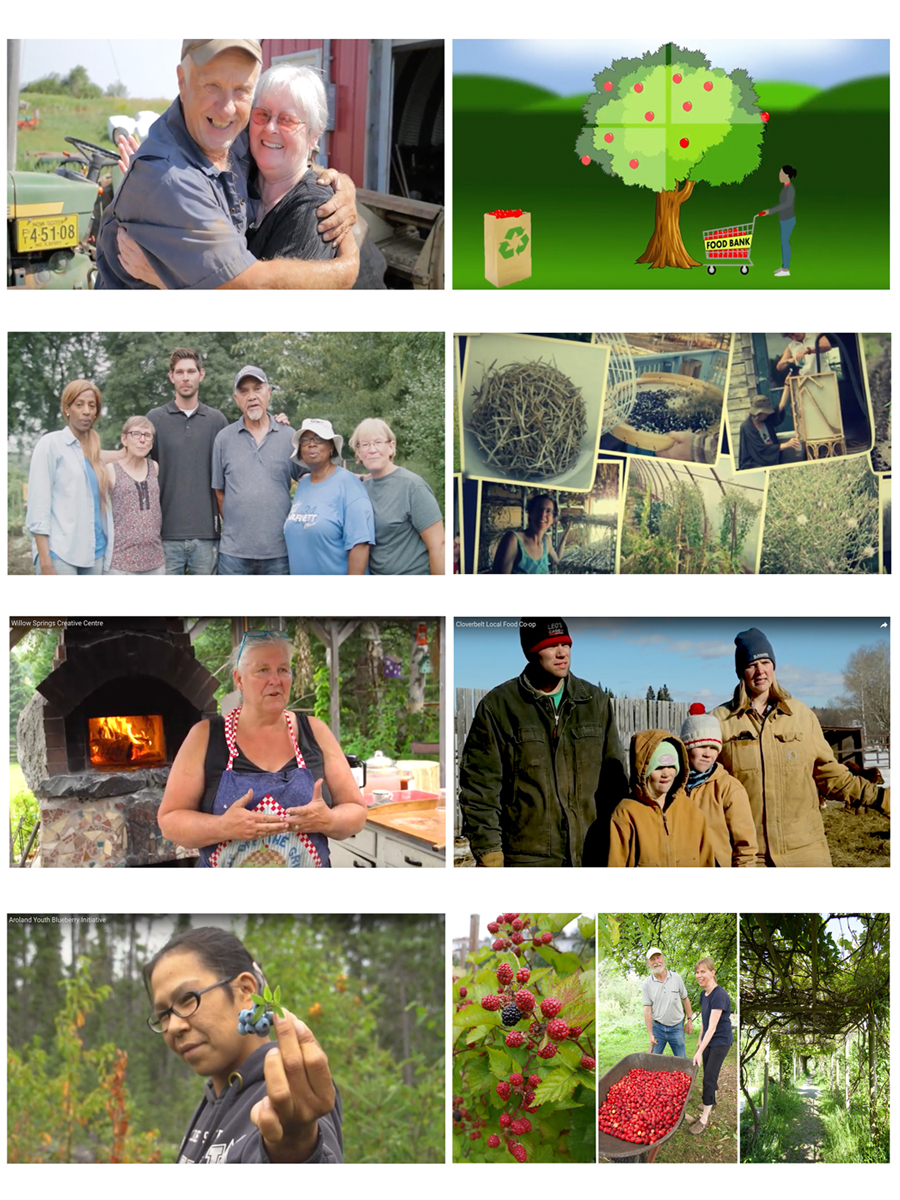Social economy of food initiatives that are nourishing communities through “power-with” practices
DOI :
https://doi.org/10.15353/cfs-rcea.v6i3.362Mots-clés :
social economy, framing, neoliberalism, impact, power to, power over, power withRésumé
From 2014 to 2019, Nourishing Communities: Sustainable Local Food Systems Research Group explored food initiatives in the social economy, many of which use practices like bartering, gifting, and self-provisioning, that remain under-recognized for their economic value. Nourishing Communities considered how these organizations may contribute to food security, community development, and environmental remediation, especially for marginalized groups. Its researchers collaborated with such organizations to complete participatory action projects and a range of products to communicate the initiatives’ impacts. As three of those researchers, we subsequently synthesized the material from these outputs to show the resources, barriers, and impacts of the respective initiatives. This meta-analysis reveals that these initiatives not only produce economic, social, and environmental benefits, but also work to organize human relations. Beyond considering how initiatives in the social economy of food interact with the market economy, we use Karlberg’s schema of power to illustrate their potential to reconceptualize human relations. Here we find them gravitating towards “power with” practices that emphasize cooperation over competition. Throughout, we employ the concept of framing to propose ways in which that re-conceptualization might “grow legs” and extend further into larger social discourses. In so doing, we find the initiatives strategically invoking alternative framings of work, knowledge, social relations, and value in order to explain the impact of their own work. Although further research is needed regarding the meaning that impact and power hold for social economy initiatives, this research contributes to scholarly debates surrounding the potential of food initiatives in the social economy.
Téléchargements
Publié-e
Comment citer
Numéro
Rubrique
Licence
Les auteurs qui publient avec cette revue acceptent les conditions suivantes: Les auteurs conservent les droits d'auteur et accordent à la revue le droit de première publication avec l'œuvre sous licence simultanée Creative Commons qui permet à d'autres de partager l'œuvre avec une reconnaissance de la paternité de l'œuvre et de la publication initiale dans cette revue. Les œuvres publiées dans RCÉA/CFS avant et incluant le vol. 8, n° 3 (2021) sont sous licence Creative Commons CC BY. Les œuvres publiées dans le vol. 8, n ° 4 (2021) et après est sous licence Creative Commons CC BY-SA. Les auteurs peuvent conclure des accords contractuels supplémentaires séparés pour la distribution non-exclusive de la version publiée de l'ouvrage par la revue (par exemple, l'ajouter à un dépôt institutionnel ou le publier dans un livre), avec une reconnaissance de sa publication initiale dans ce journal. Les auteurs sont autorisés et encouragés à publier leurs travaux en ligne (par exemple, dans des dépôts institutionnels ou sur leur site Web) avant et pendant le processus de soumission, car cela peut conduire à des échanges productifs, ainsi qu'à une citation plus précoce et plus importante des travaux publiés. (En savoir plus sur le libre accès.)





